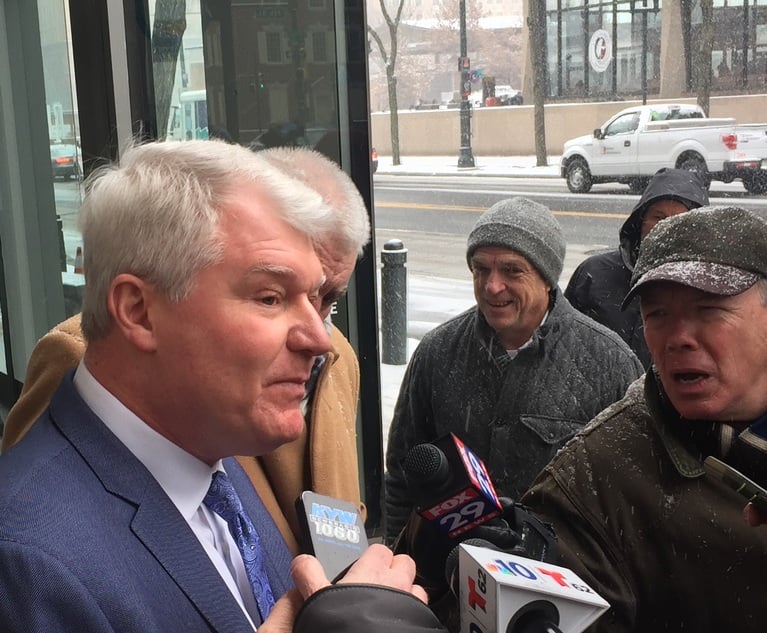The Constitution permits judges to adjudicate only actual, ongoing cases or controversies. A case can become “moot,” even on appeal, when the issues litigated are no longer in dispute—for example, when a challenged law is repealed. However, there are exceptions to the mootness doctrine. For example, a government entity’s voluntary cessation of challenged activity will only result in a dismissal for mootness if there is no reasonable expectation that the challenged violation will resume. That is the issue in New York State Rifle and Pistol Association v. City of New York, a case currently before the U.S. Supreme Court.
Several gun owners in New York City took aim at a city regulation that was voided by state law shortly after the Supreme Court agreed to hear the challenge. Under the old New York City law, a premises licensee was permitted to remove his handgun from his home only for transportation to and from authorized shooting ranges located within the city. Petitioners alleged that New York City’s ban on transportation of their handguns to shooting ranges outside the city violated their Second Amendment right to bear arms, as well as the commerce clause and the due process clause. Two lower courts rejected their challenge, but the Supreme Court agreed to hear their case in January 2019.


 Kristin Keehan and Stephen Miller, Cozen O’Connor
Kristin Keehan and Stephen Miller, Cozen O’Connor




